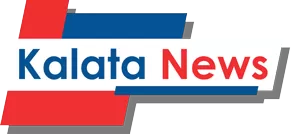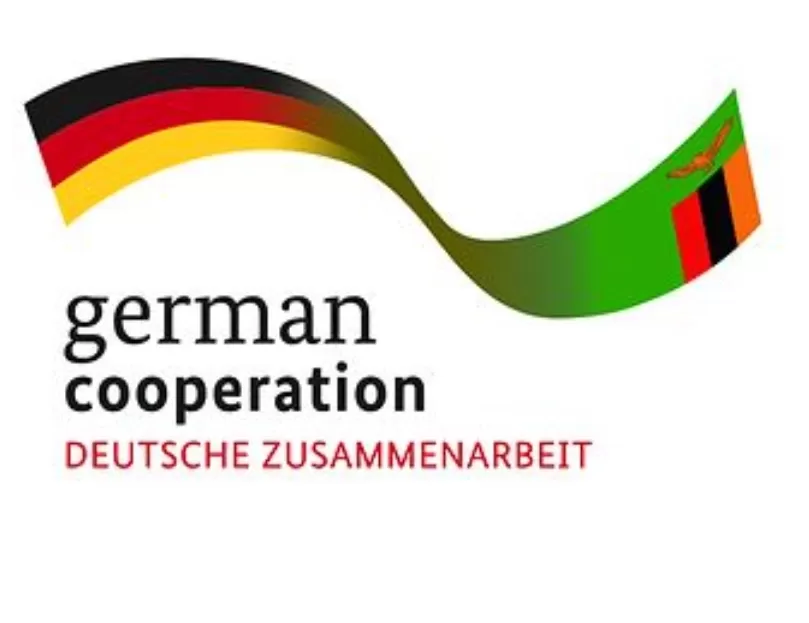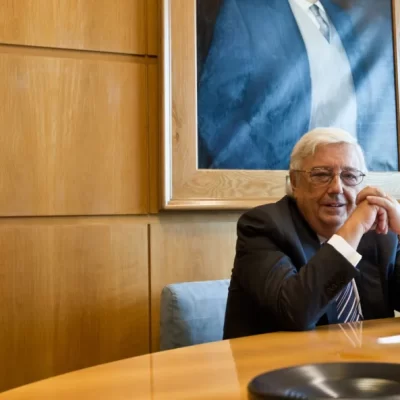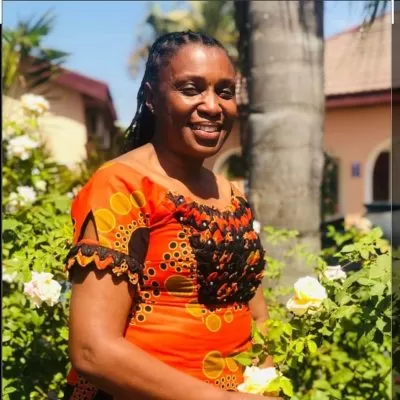By Kalata News,
Lusaka – GERMANY is changing its future approach towards engaging and helping countries like Zambia. The Deutsche Gesellschaft für Internationale Zusammenarbeit (GIZ) GmbH is adapting its services focusing more on digital capability and strategic planning.
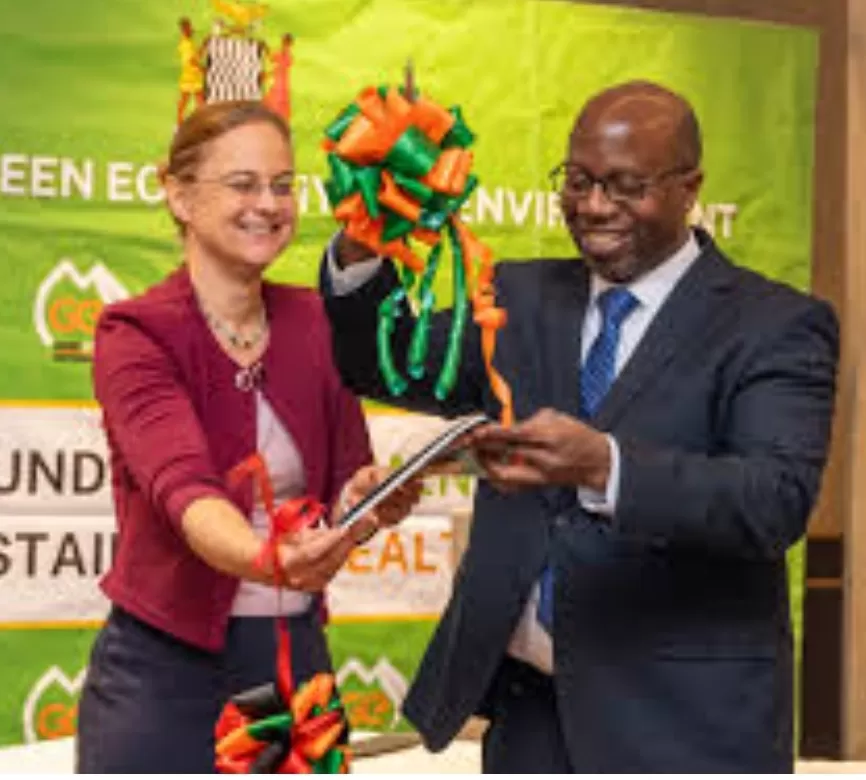
In a statement at the company’s annual press conference recently, GIZ’s Chair of the Management Board Thorsten Schäfer-Gümbel said in Berlin, “We have expanded and refined our instruments significantly in the last few years to enable us to deploy quickly in fragile countries of assignment. GIZ is positioning itself to be even more consistently flexible, digital and collaborative.” Schäfer-Gümbel continued “in that, GIZ would be responding to changing conditions and strengthening development cooperation. The focus is now on sustainably alleviating existential gaps in development and the repercussions of these crises in the global South, and making states more resilient.”
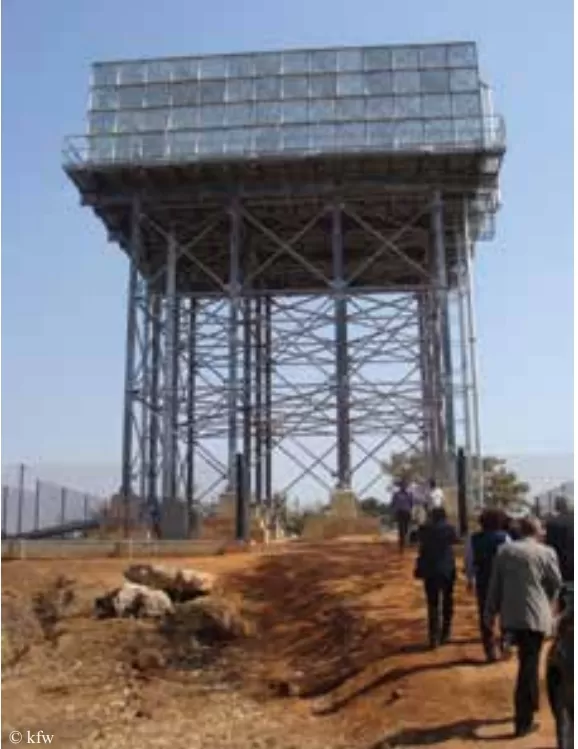
GIZ supports the German Government in achieving its objectives in the field of international cooperation for sustainable development. In addition to its main commissioning party, the German Development Ministry (BMZ), GIZ is also commissioned by other federal ministries, their subordinate authorities and federal state governments. In Zambia, GIZ has been working since 1966 and has maintained an office in the capital, Lusaka, since 1982. The Ambassador of Germany to Zambia is Anne Wagner-Mitchell.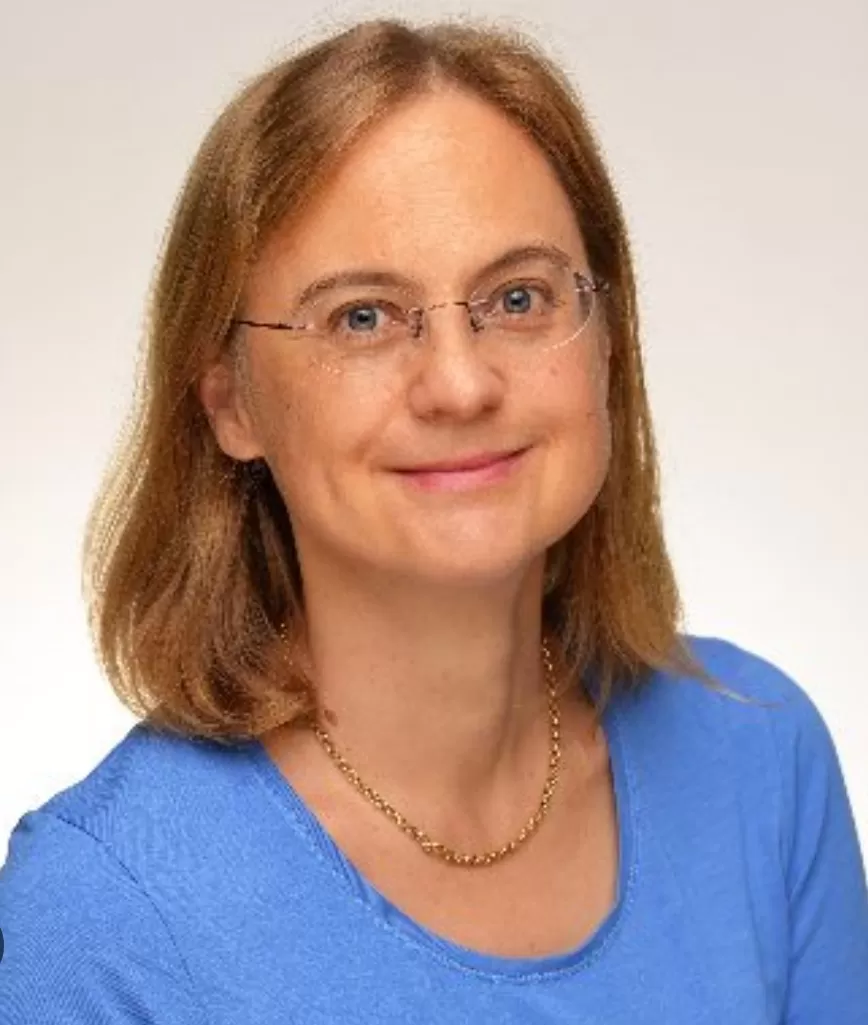 GIZ focuses on three priority areas in the country:Water and renewable energies,good governance, andagriculture and food security. GIZ’s projects related to water and energy help improve the drinking water supply and wastewater disposal, and promote more efficient use of Zambia’s water resources. In rural regions, GIZ also supports the expansion of renewable energy capacity. With regard to good governance, GIZ advises the Ministry of Finance and the Zambian Revenue Authority on reorganizing the public budget and improving tax collection. Other projects promote the political participation of civil society organizations, improve access to legal aid for the poor, and support Zambia’s districts and municipalities in the decentralization of public functions.With its agriculture-related projects, GIZ works to improve food supply and increase rural income.
GIZ focuses on three priority areas in the country:Water and renewable energies,good governance, andagriculture and food security. GIZ’s projects related to water and energy help improve the drinking water supply and wastewater disposal, and promote more efficient use of Zambia’s water resources. In rural regions, GIZ also supports the expansion of renewable energy capacity. With regard to good governance, GIZ advises the Ministry of Finance and the Zambian Revenue Authority on reorganizing the public budget and improving tax collection. Other projects promote the political participation of civil society organizations, improve access to legal aid for the poor, and support Zambia’s districts and municipalities in the decentralization of public functions.With its agriculture-related projects, GIZ works to improve food supply and increase rural income. 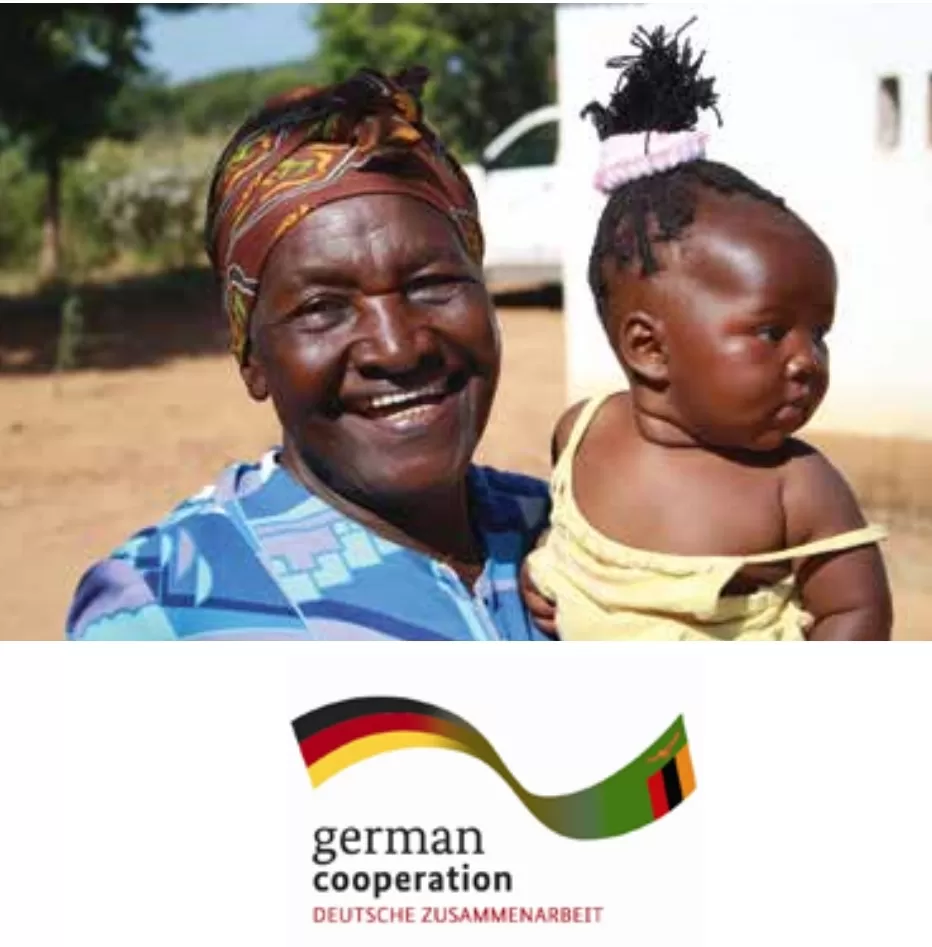 At around EUR 4 billion in 2022, GIZ’s business volume increased by 8 per cent year on year, continuing the steady growth trend from previous years. GIZ’s commissioning parties are the German Government, the European Union (EU), governments of other countries worldwide, international institutions, foundations and companies. The German Development Ministry (BMZ) remained GIZ’s main commissioning party. Income from BMZ business increased in 2022 to EUR 3.4 billion (2021: EUR 3.15 billion). This includes EUR 529 million in co-financing arrangements – funds supplied by third parties to scale up existing projects.
At around EUR 4 billion in 2022, GIZ’s business volume increased by 8 per cent year on year, continuing the steady growth trend from previous years. GIZ’s commissioning parties are the German Government, the European Union (EU), governments of other countries worldwide, international institutions, foundations and companies. The German Development Ministry (BMZ) remained GIZ’s main commissioning party. Income from BMZ business increased in 2022 to EUR 3.4 billion (2021: EUR 3.15 billion). This includes EUR 529 million in co-financing arrangements – funds supplied by third parties to scale up existing projects.
